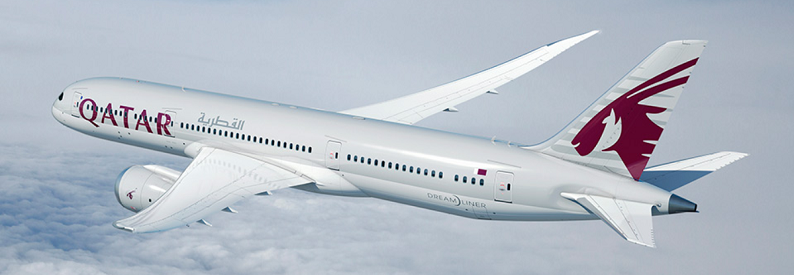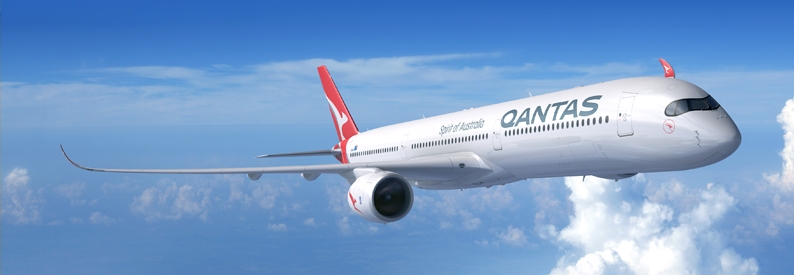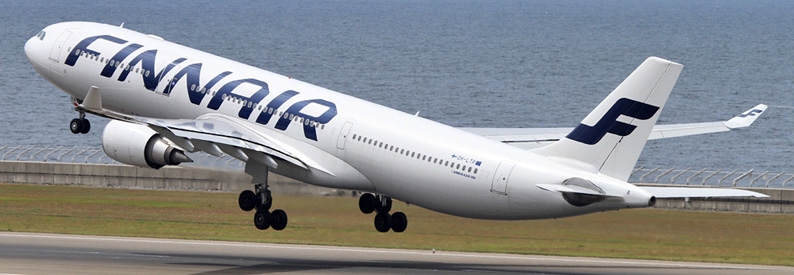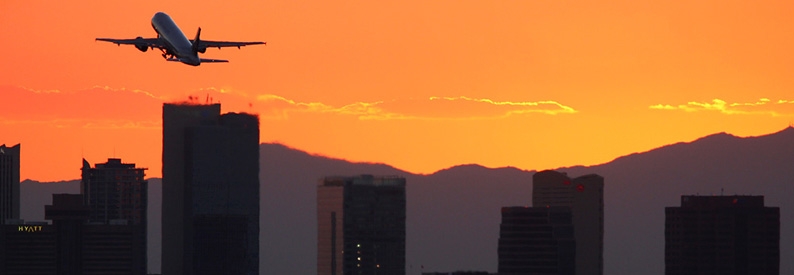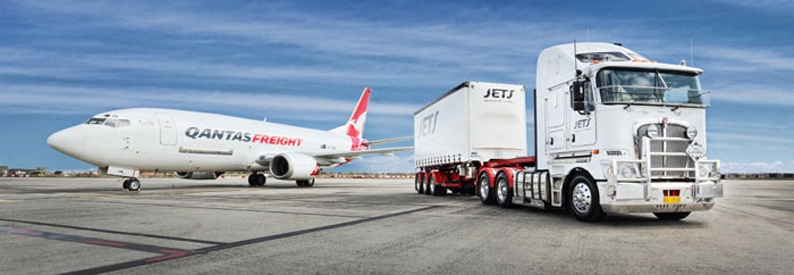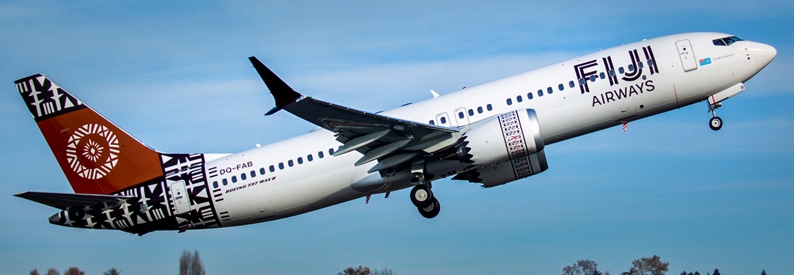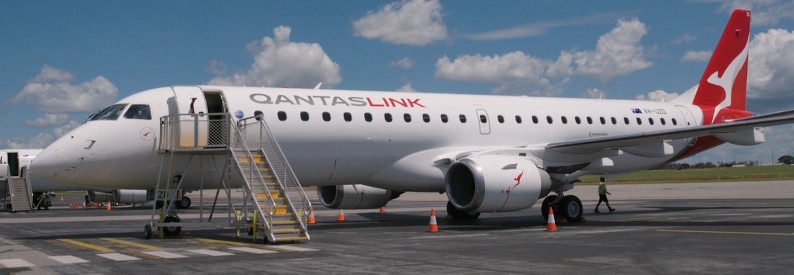Qantas (QF, Sydney Kingsford Smith) will indeed split its domestic and international operations into two separate units as the carrier's management strives to take advantage of the Australian senate's recent decision to amend the country's stifling Qantas Sale Act.
In July, Canberra voted to increase foreign ownership caps in Qantas to 49% from its previous limits of 25% for individual entities and 35% for foreign airlines.
“As a consequence of this decision, we have decided to decrease a new holding structure and corporate entity for Qantas International. This will have no impact on the day-to-day operations, network or staffing at Qantas International," CEO Alan Joyce said. “However, this increases the value for future investment. It will create the long-term option for Qantas International to participate in partnership opportunities in the international aviation market, with a view to achieving further efficiencies and improved returns to shareholders.”
Announcing the Qantas Group's latest results - a statutory net loss of AUD2.8billion (USD2.1billion) for its 2013/14 Financial Year - Joyce added that the decision to create a new holding structure and corporate entity for Qantas International had been spurred on by a decision taken in 2012 to strengthen accountability and performance.
The creation of a separate holding structure and entity for Qantas International has also triggered an accounting requirement to test the value of Qantas International assets - B747-400s and A380-800s - on a stand-alone basis.
Qantas International reported an underlying Earnings Before Interest and Tax (EBIT) loss of AUD497million in the 12 months to June 30, 2014, compared with a AUD246million loss the previous year.

